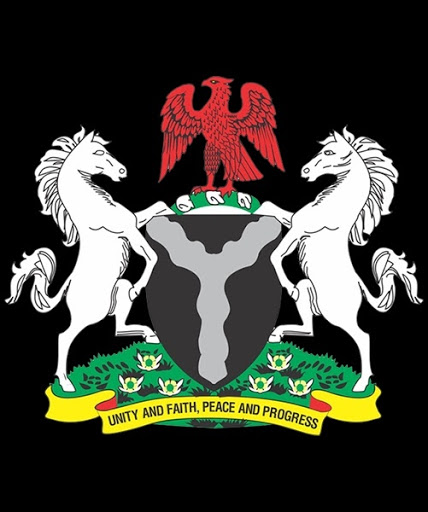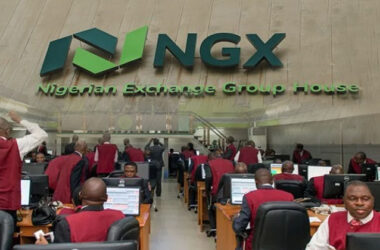Nigeria, a country blessed with abundant natural resources, finds itself once again grappling with the scourge of fuel scarcity. Long queues at petrol stations, skyrocketing transportation costs, and the inevitable ripple effects on the cost of living have become the painful reality for millions of Nigerians. Yet, as citizens endure these hardships, the government’s response—or lack thereof—has been perplexing, raising serious concerns about its ability to manage the nation’s critical resources.
Fuel scarcity in Nigeria is not a new phenomenon. It is a recurring crisis that has, over the years, become an all-too-familiar part of the national experience. Despite repeated promises from successive administrations to address the underlying issues, the situation persists. This latest bout of scarcity, however, is particularly troubling because it comes at a time when global economic challenges are putting additional pressure on the Nigerian economy. With inflation on the rise and the naira struggling, the impact of fuel scarcity is amplified, further eroding the purchasing power of the average Nigerian.
One of the most frustrating aspects of this crisis is the government’s apparent inertia. As fuel scarcity drags on, the lack of decisive action from those in power has left many Nigerians feeling abandoned. The Ministry of Petroleum Resources and the Nigerian National Petroleum Corporation (NNPC), the bodies responsible for ensuring the availability and distribution of fuel, have largely remained silent, offering vague assurances instead of concrete solutions. This silence is deafening, especially when one considers the fact that Nigeria is one of the world’s largest oil producers.
The reasons behind the fuel scarcity are complex, involving a combination of factors such as supply chain disruptions, infrastructure deficiencies, and market manipulation. However, it is the government’s responsibility to anticipate these challenges and take proactive measures to mitigate their impact. Instead, what we have witnessed is a reactive approach that often comes too little, too late. The persistent scarcity points to deeper structural problems within the petroleum sector—problems that require bold and comprehensive reforms, not just band-aid solutions.
The consequences of the government’s inaction are severe. Businesses, particularly small and medium-sized enterprises, are struggling to stay afloat as operating costs soar. Transportation costs have increased dramatically, leading to higher prices for goods and services across the board. For many Nigerians, this has meant making difficult choices between fuel, food, and other essentials. The ripple effects of this crisis are felt throughout the economy, exacerbating poverty and inequality in a country already facing significant socio-economic challenges.
Moreover, the government’s failure to address the situation effectively erodes public trust. Nigerians are growing increasingly disillusioned with the promises made by their leaders. Each day of fuel scarcity deepens the sense of frustration and helplessness among the populace. This discontent is not just about the inconvenience of waiting in long lines at petrol stations; it is about the broader issue of governance and the ability of the state to fulfill its basic responsibilities.
As we navigate this ongoing crisis, it is imperative that the government takes immediate and decisive action to resolve the fuel scarcity. This should include transparent communication with the public about the root causes of the shortage, a clear plan for ensuring a stable fuel supply, and long-term strategies to address the underlying issues plaguing the petroleum sector. The government must also take steps to crack down on market manipulation and hold accountable those responsible for exacerbating the crisis.
Ultimately, the persistence of fuel scarcity in Nigeria is a symptom of a larger problem—one that requires more than just temporary fixes. It demands a comprehensive overhaul of the petroleum sector and a commitment to good governance. The time for complacency is over. The government must rise to the occasion and take the necessary steps to restore normalcy, rebuild trust, and ensure that Nigeria’s resources are managed in a way that benefits all Nigerians. Anything less would be a dereliction of duty.








